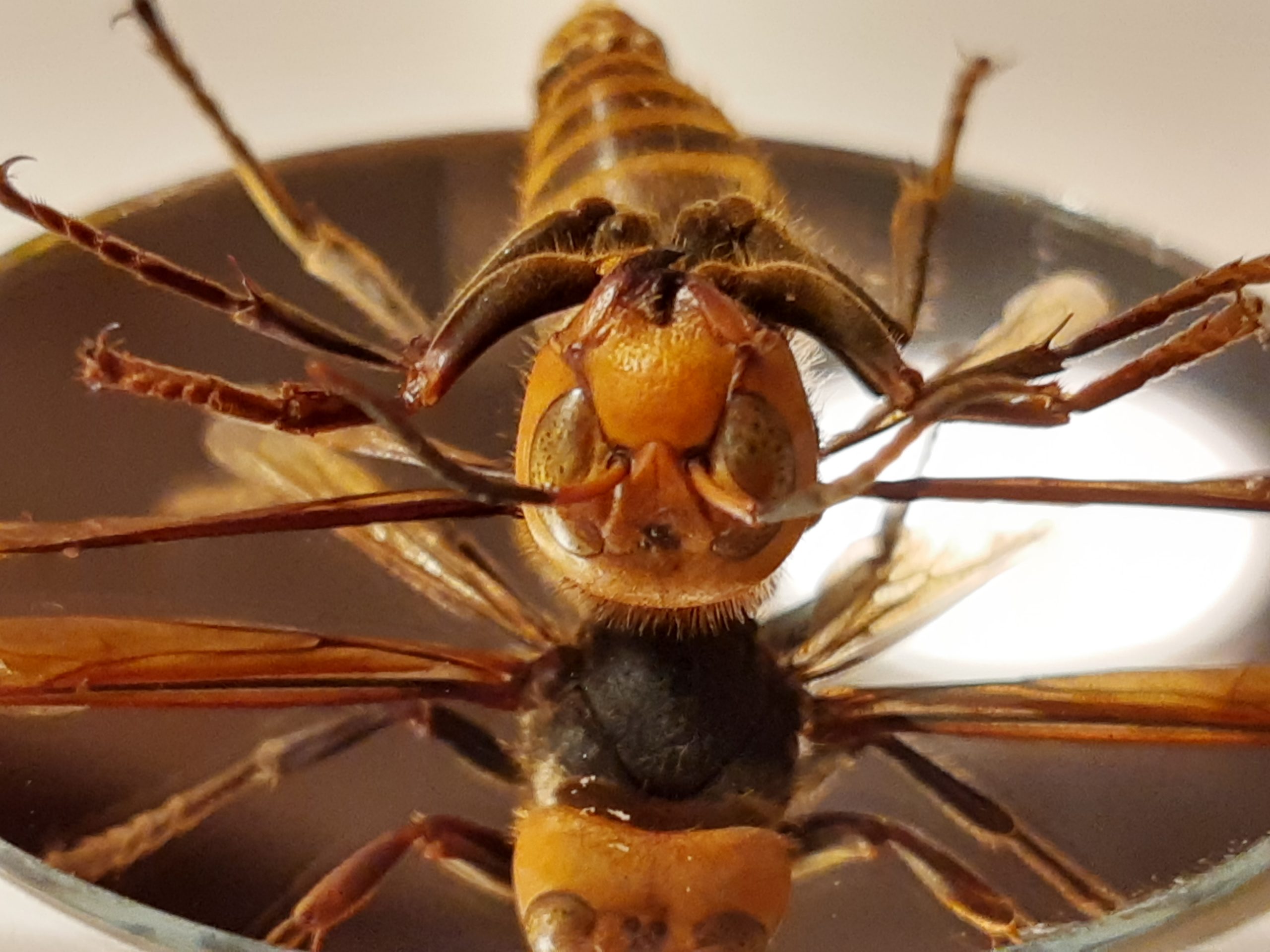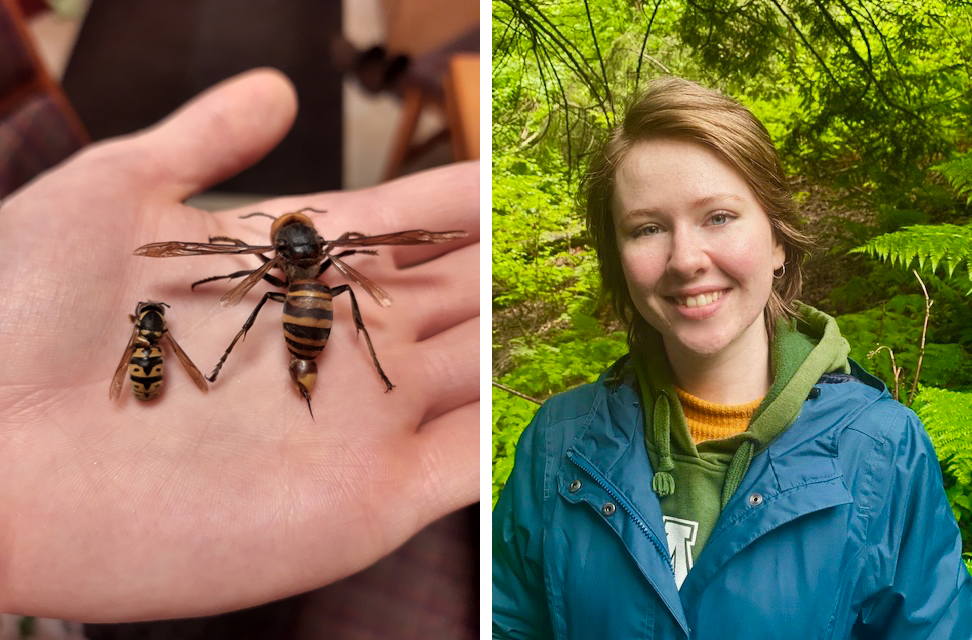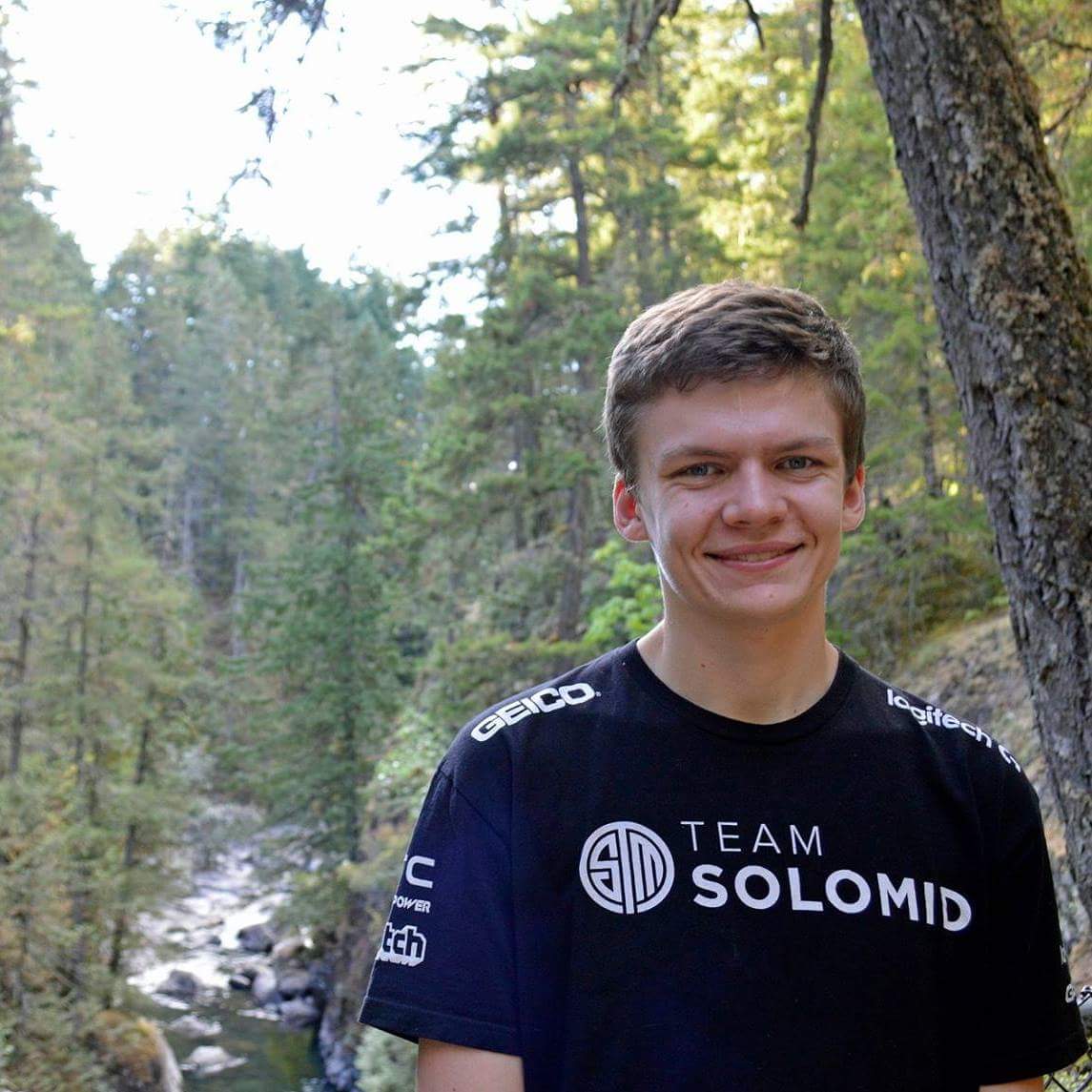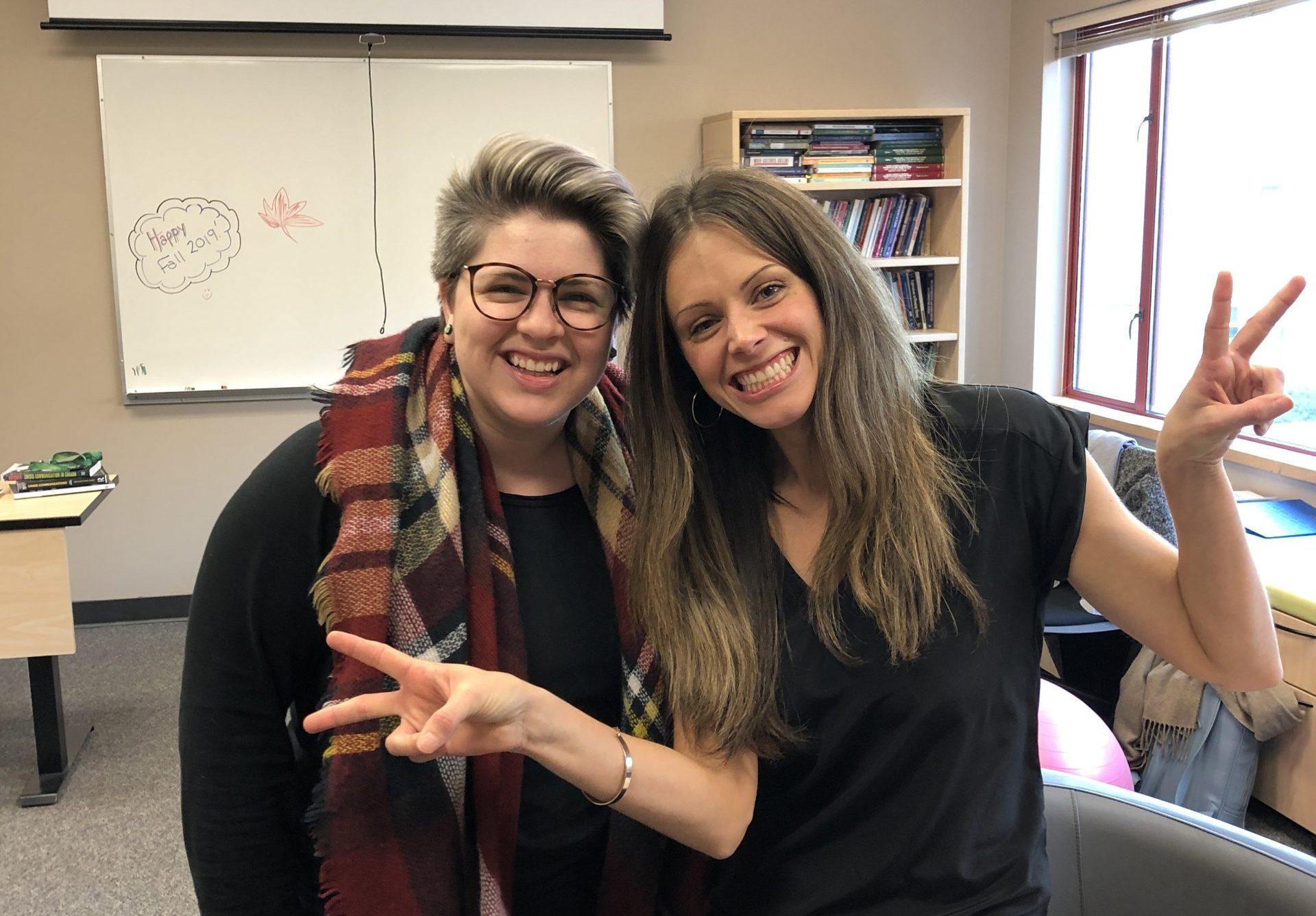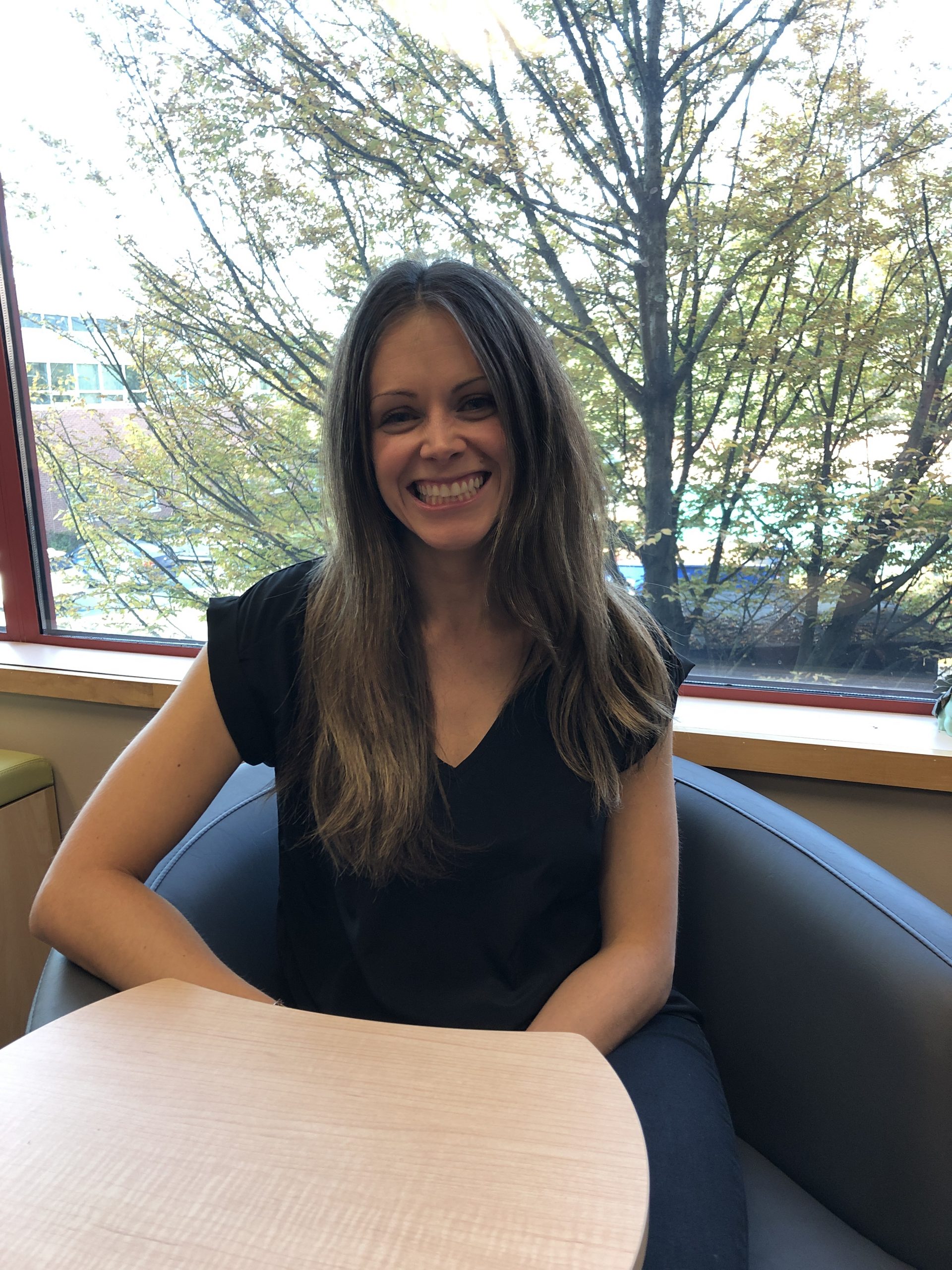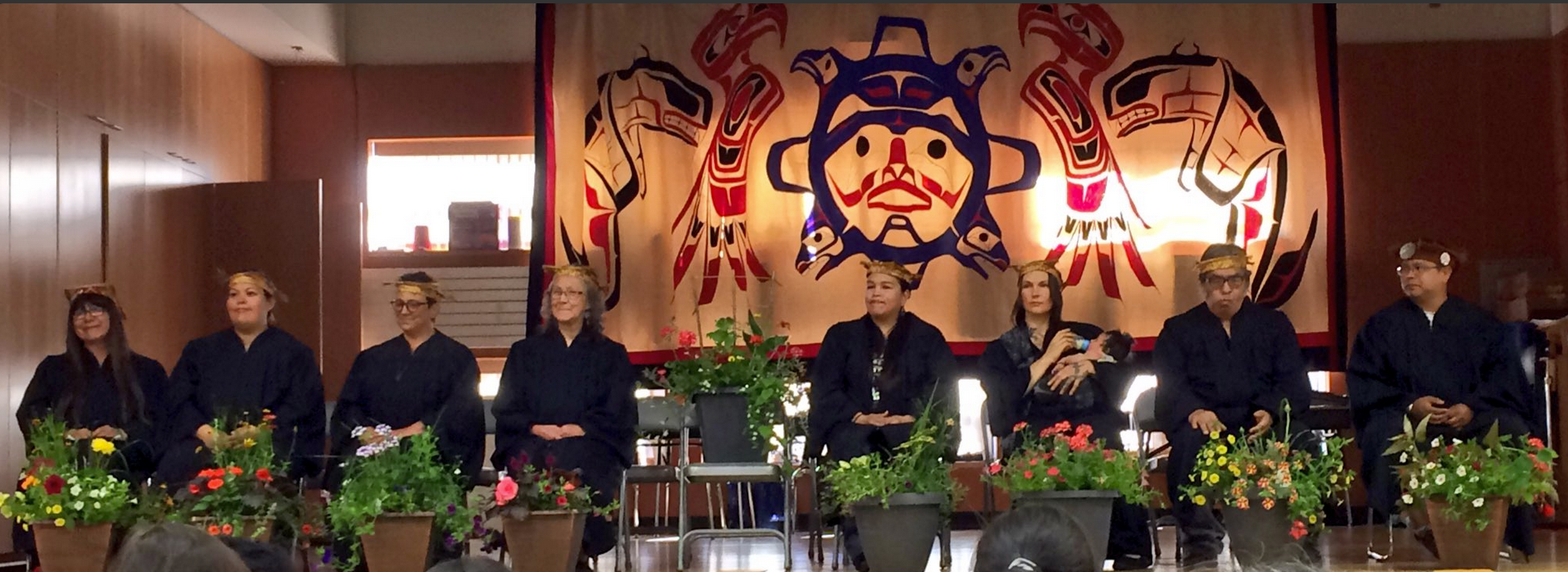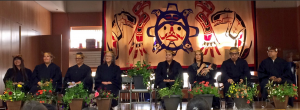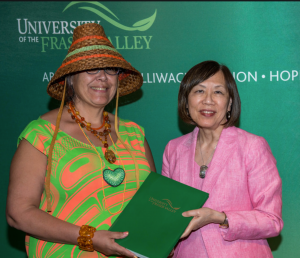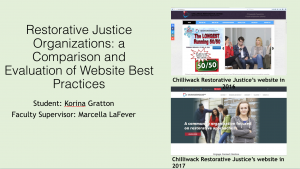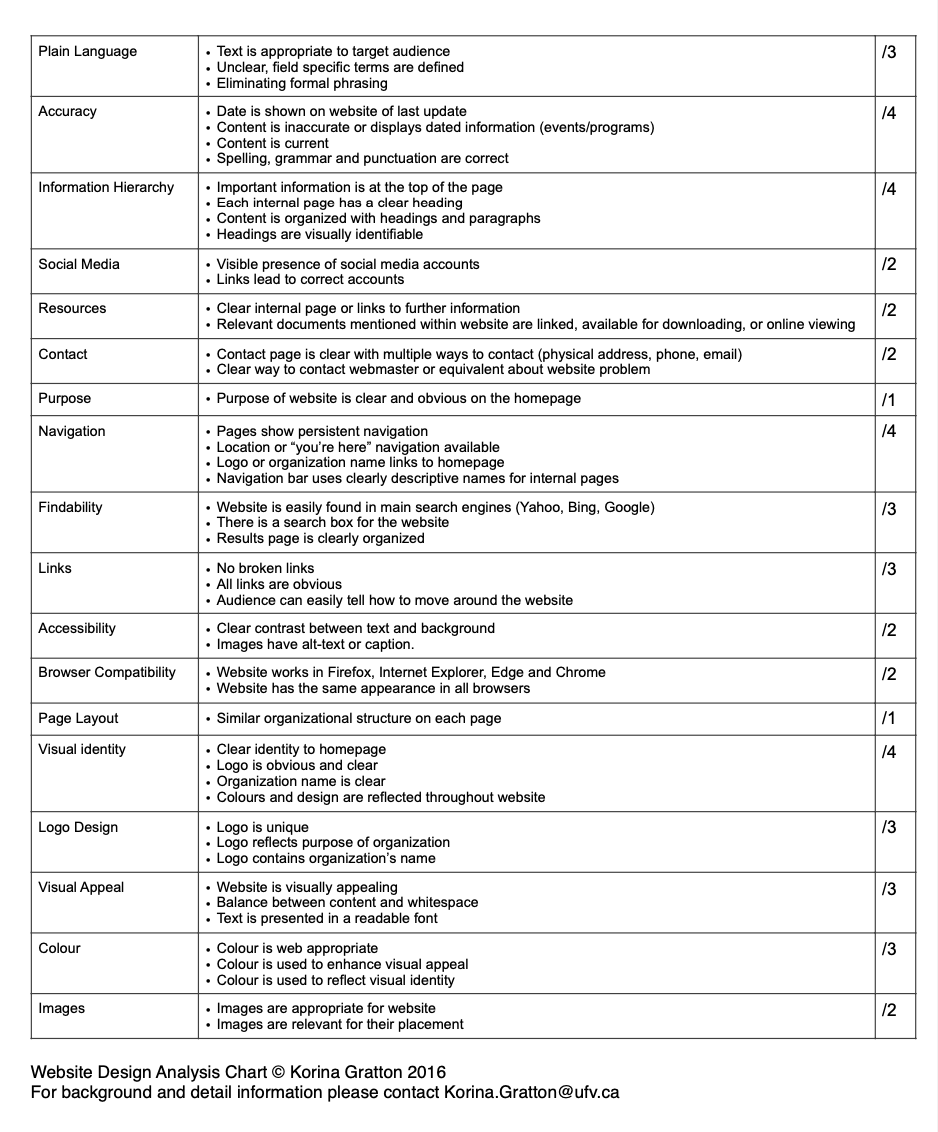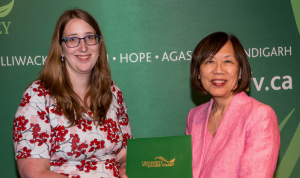Lana Harach, an Agricultural Science student at UFV, is the Undergraduate Research Excellence (URE) Award winner for a journal article she wrote in CMNS 325: Writing for the Sciences and Technologies. Lana’s work explores the emergence of the invasive Vespa mandarinia species (Asian giant hornets) on the West Coast of British Columbia.
“I took CMNS 325 as I wanted to become more skilled at sharing the information I have learned,” says Lana. “My favourite part of the course was learning how to build scientific articles based on how people read and make connections between sentences within a paragraph.”
Below, Lana discusses her research article, “Mitigating Dangers of Vespa mandarinia (Asian Giant Hornet),” where she used secondary literature to underscore the threat this invasive species poses to the agricultural economy of the Fraser Valley.
Why did you choose to study Asian giant hornets? What did you learn in the process?
LH: My interest in Asian giant hornets started the year before I took CMNS 325 because one of the hornet nests found was close to my hometown. When brainstorming ideas for my focus in CMNS 325 I realized that the topic of Asian giant hornets overlaps with another one of my passions: ‘integrated pest management’. As pest management is a field that I am interested in pursuing as a career it seemed like a fun topic that I not only had an emotional connection to but one that could help me in a future career! Throughout the process of writing this paper I learned how important making short-term and long-term deadlines are, and how these can help me avoid procrastination. It also helped me see the value in coming back to a writing project with fresh eyes days later – teaching me that while having someone else read over your paper is valuable, there is a lot I can accomplish before that if I give myself the time to do so.
The topic of Asian giant hornets is a very popular one, with many articles published about it. It was interesting to wade through these and I feel gave me a better understanding of the whole picture. It taught me that it’s important to remain connected to the readers, to understand where their fears or misunderstandings are coming from so that I can better explain the science behind it.
Why should people in B.C. to be aware of the V. mandarinia? What steps can people take to protect themselves?
LH: It is critical for people in B.C. to be aware of Asian giant hornets because they would pose a high threat to our ecological systems if they became an established invasive pest. Asian giant hornets are ferocious predators in the insect world and their main target is bee populations. Our North American bee populations have not evolved defence mechanisms against Asian giant hornets, and because of this would be greatly impacted (and killed).
Another reason for people in B.C. to be aware of Asian giant hornets is to protect themselves. Protecting oneself starts as simply as observing your surroundings, especially when you are walking in forests (their preferred habitat). These hornets don’t tend to sting humans unless provoked so give them plenty of space and room. Asian giant hornets also get excited by bright colours like yellow and orange (the colour of their main prey), so wearing duller, more earthy colours would reduce the chance of catching their attention. If you do see an Asian giant hornet report it to the Invasive Species Council of BC (by phone, app or website).
Thanks for sharing your insights on the Asian giant hornets. Congratulations on winning the URE Award! What did you think about being nominated, and then winning the award?
LH: I was surprised and excited to be nominated. I tend to rely more on my speaking communication skills, so having my written communication skills acknowledged has opened some career doors for me in my mind. When I received the email telling me I had won the award I was so honoured! I think the most overwhelming moment for me was thinking about the number of individuals who decided that this paper not only worth their time to read through but to recognize officially as well is very humbling.

